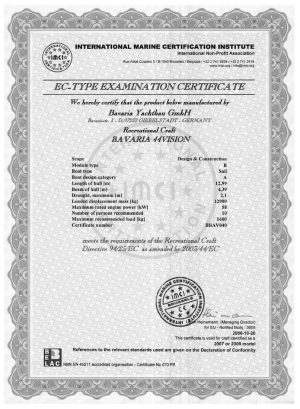Fr J Hackett
Well-Known Member
The only way you are going to be able to satisfy your interpretations is to buy a reasonably expensive import and notify the relevant authorities and see what they say. It might and I think would be an expensive and disappointing experience for you. I could suggest some yachts if you like.These irrelevant unsupported examples/ fairy stories are twaddle. I've read the whole Act, and quoted the relevant parts. You don't seem able to do that, is that correct?

